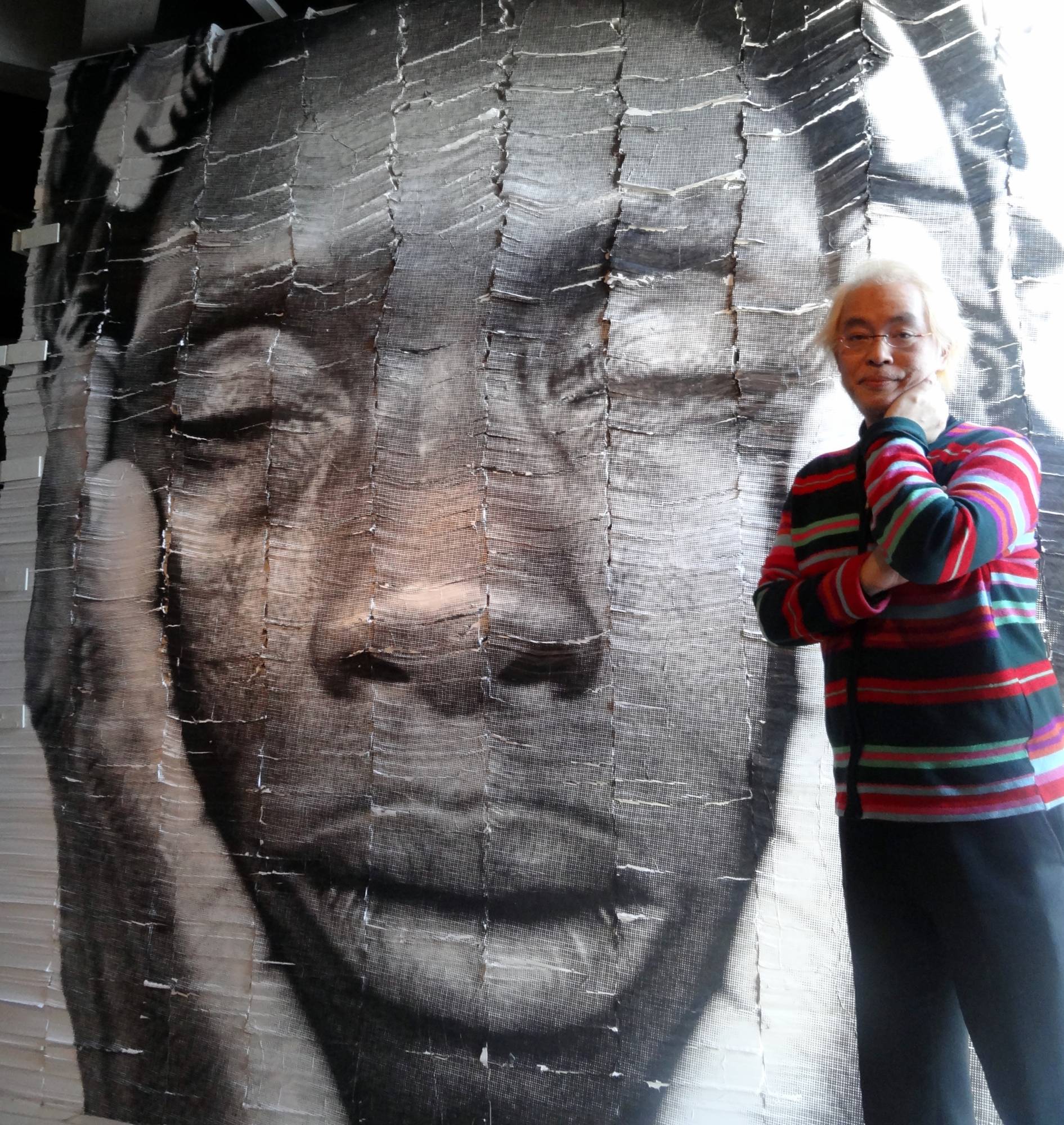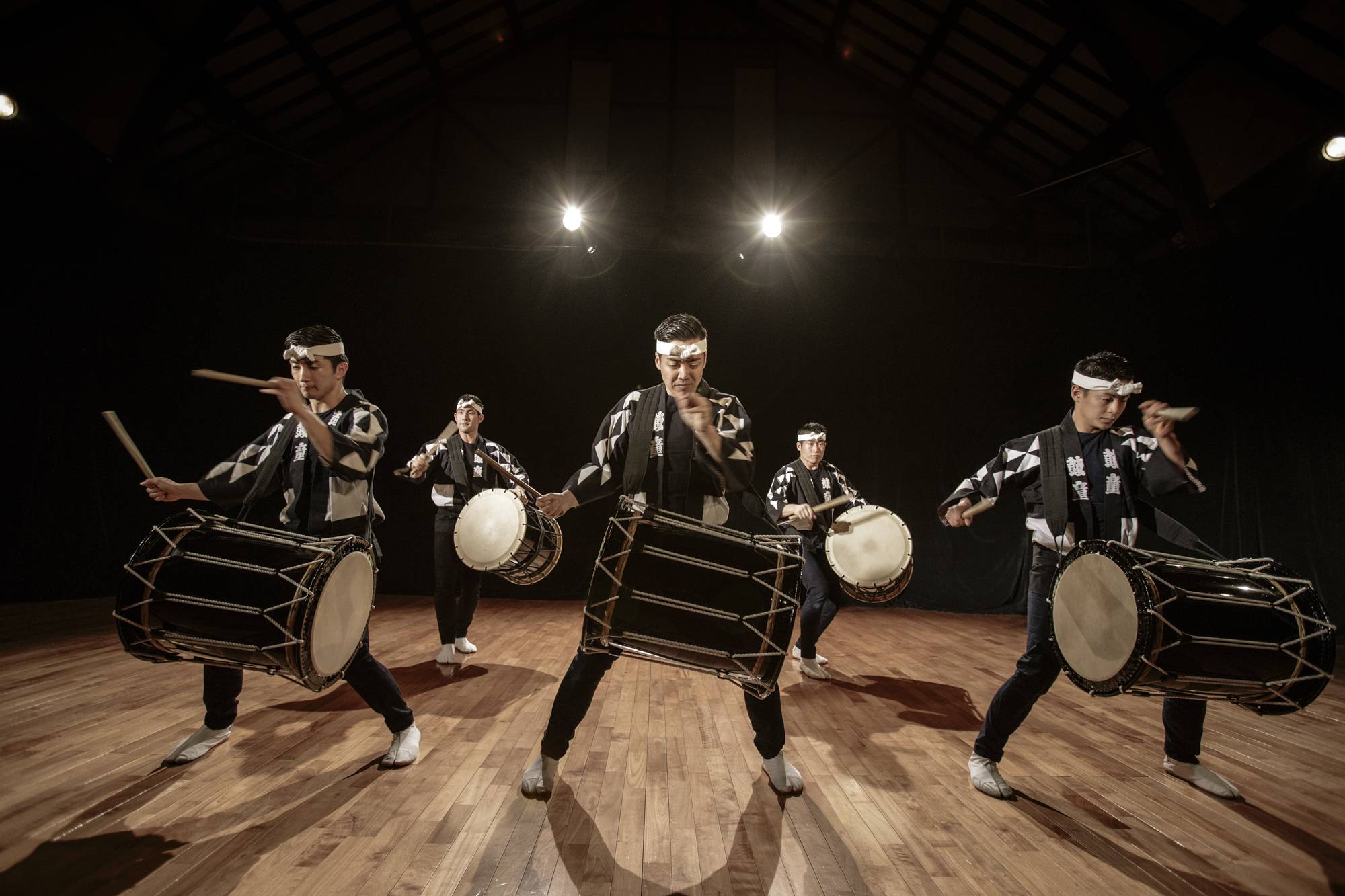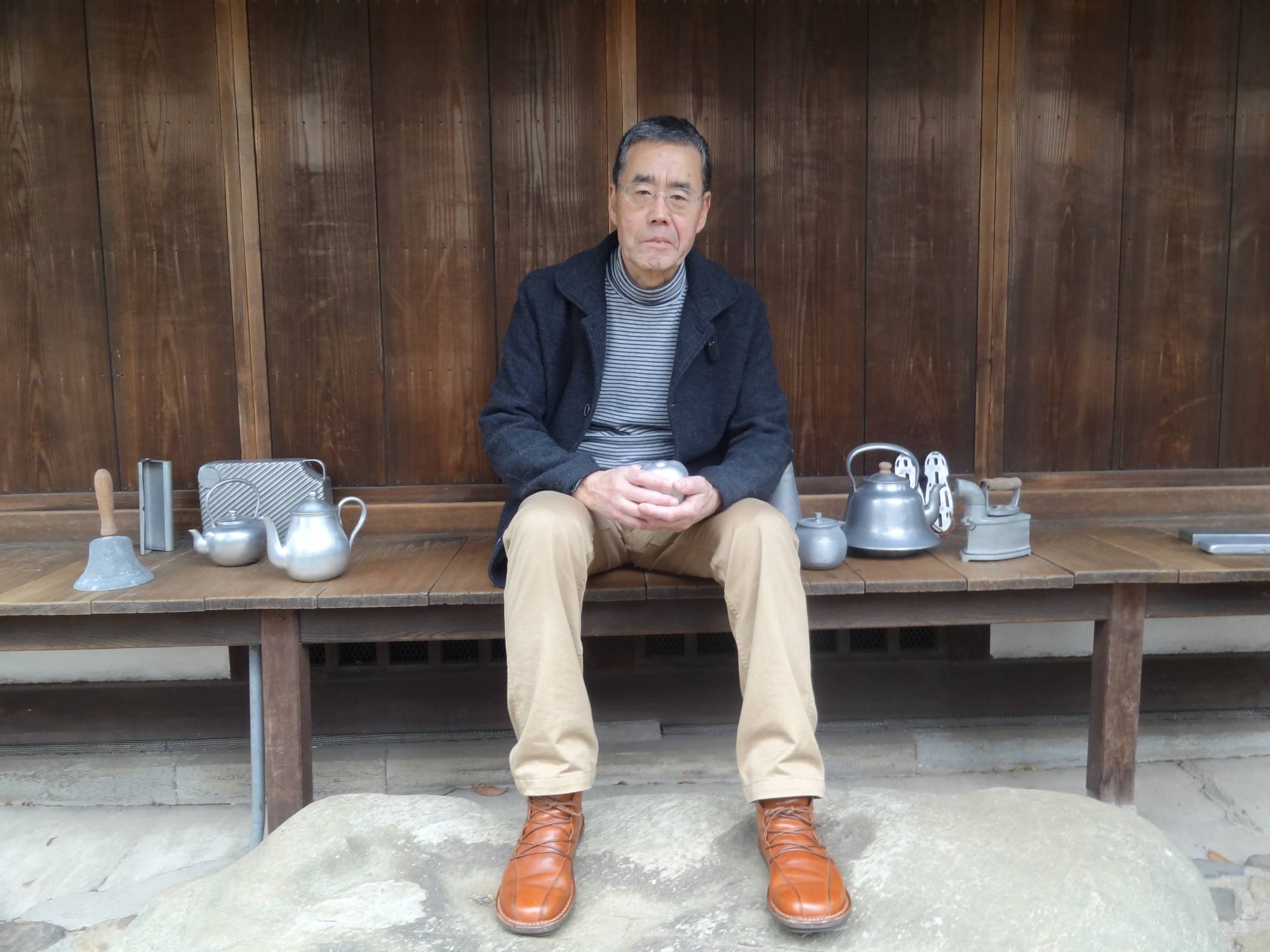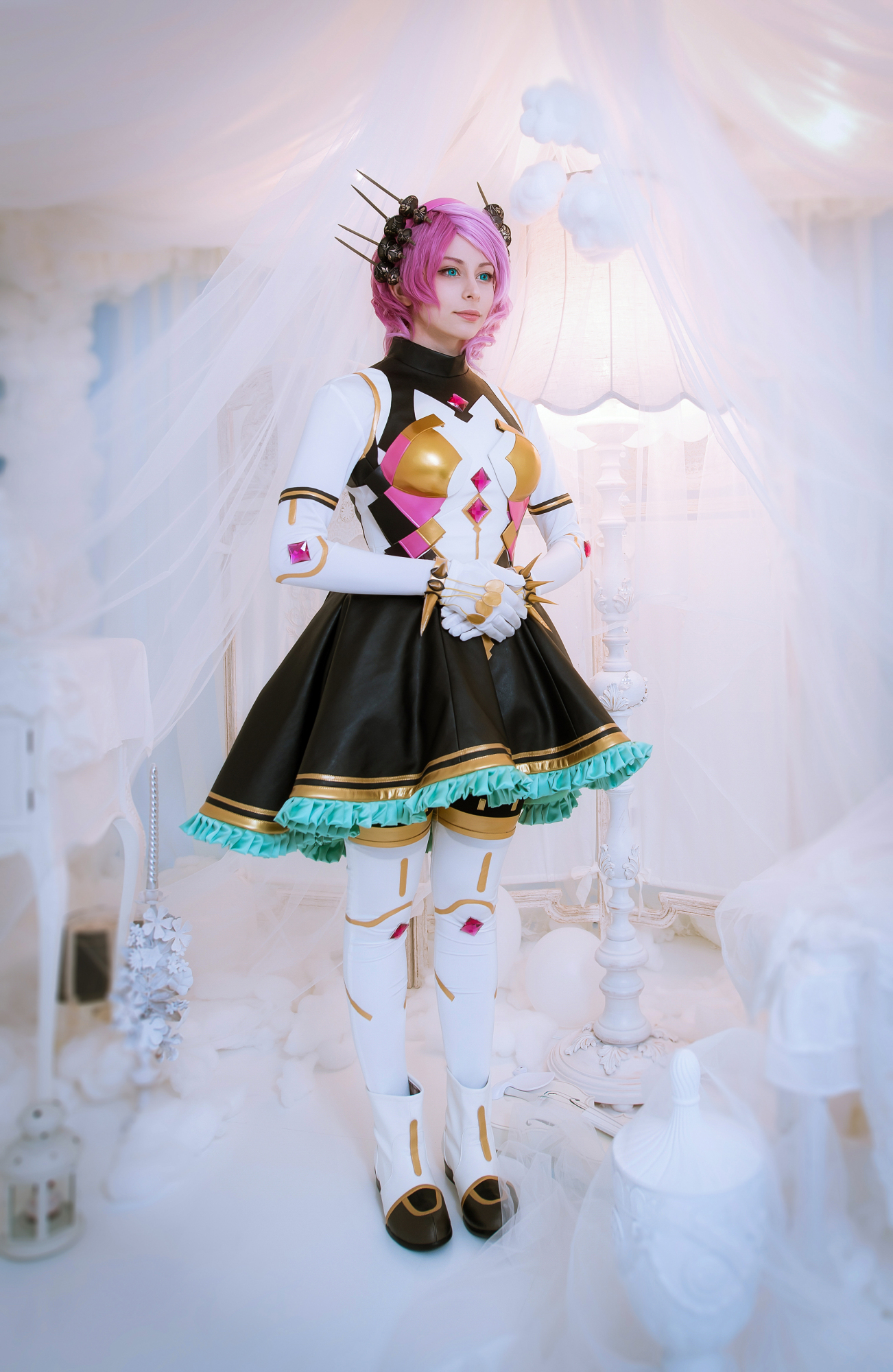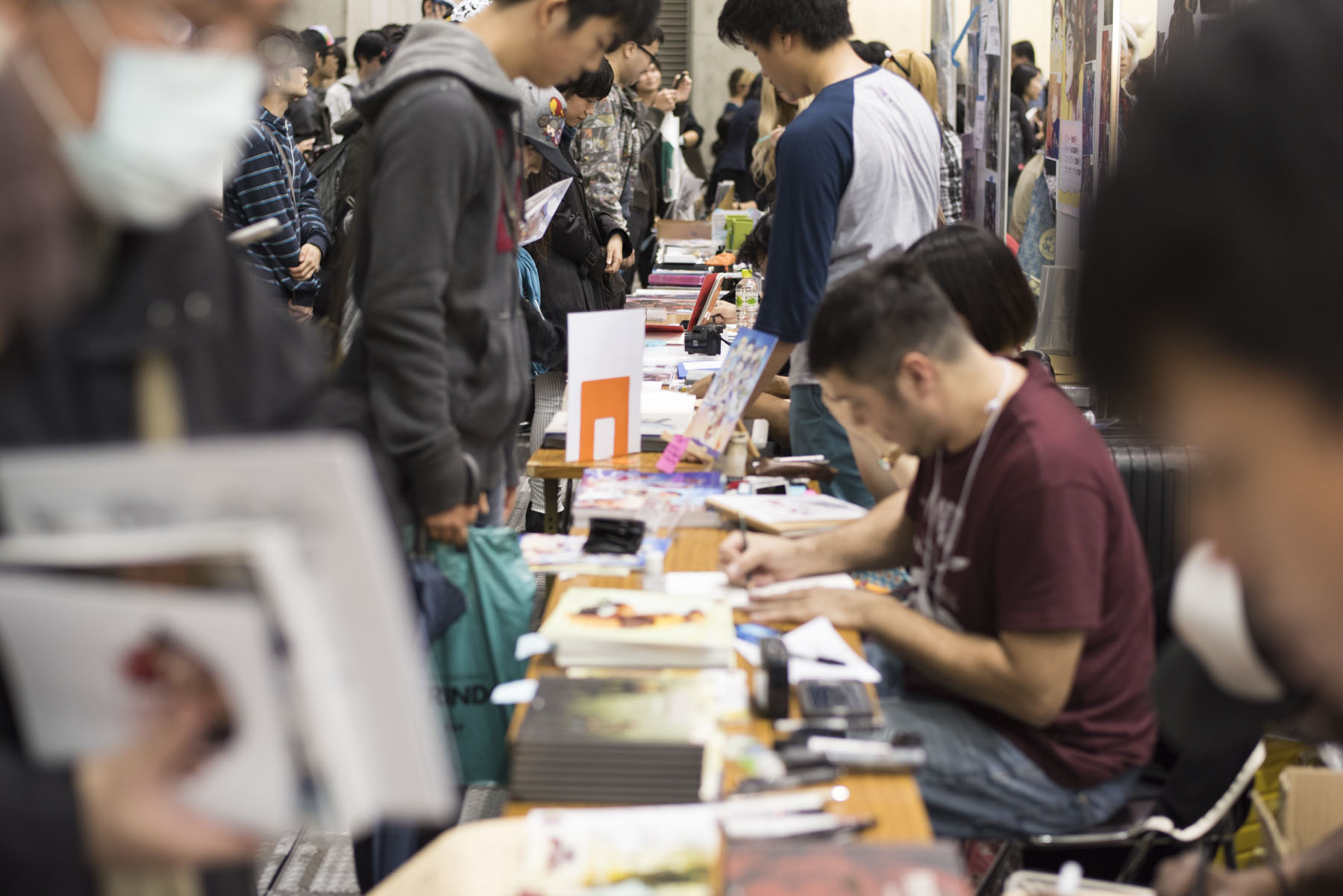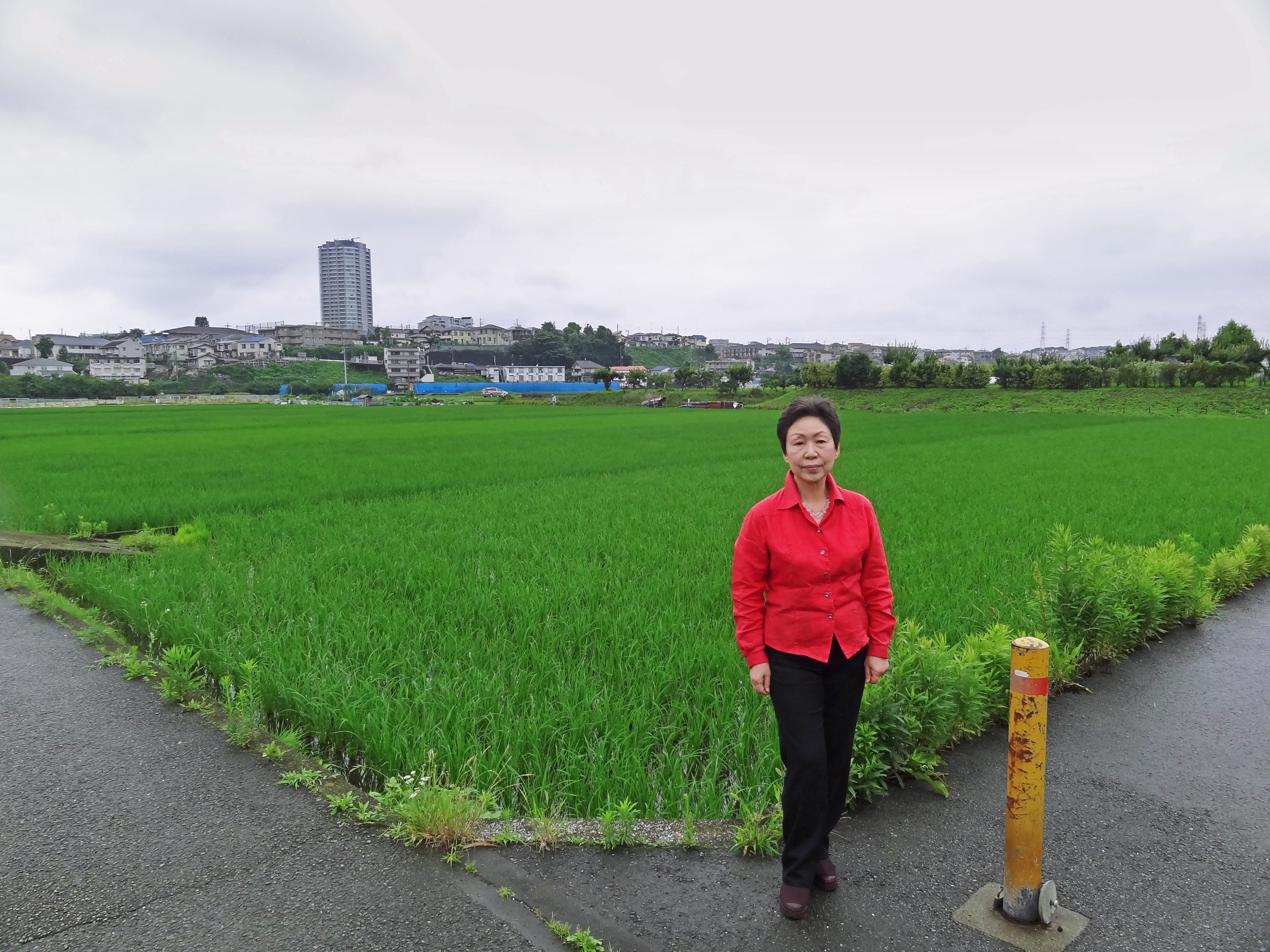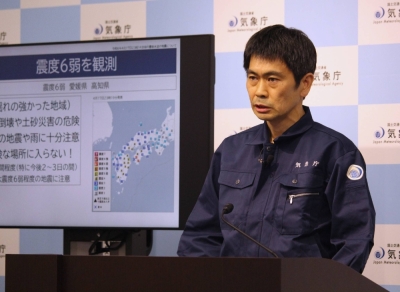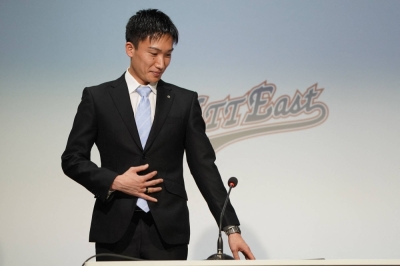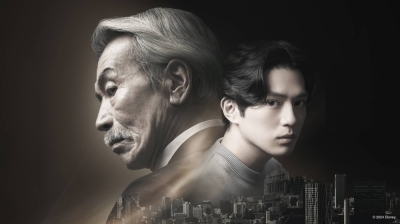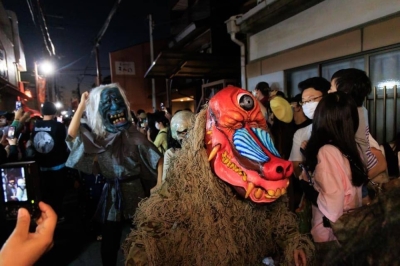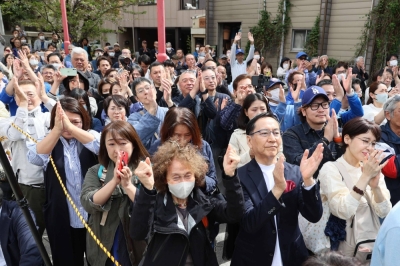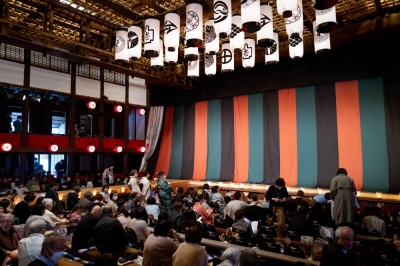
Meta
Gianni Simone
Gianni Simone is a mail artist, zinester and general troublemaker from Italy. When not taking pictures of Tokyo police boxes, he writes on all things Japanese for Vogue Italia, Zoom Japan, and other assorted publications. Together with Randy Osborne, he co-authored the book "Made of This."
For Gianni Simone's latest contributions to The Japan Times, see below:
Feb 3, 2019
Nov 18, 2018
Jan 29, 2016
May 25, 2014
Apr 9, 2014
Nov 15, 2013
Jun 25, 2013
Nov 20, 2012
Nov 10, 2012
Nov 3, 2012
Oct 20, 2012
Oct 6, 2012
Sep 8, 2012


